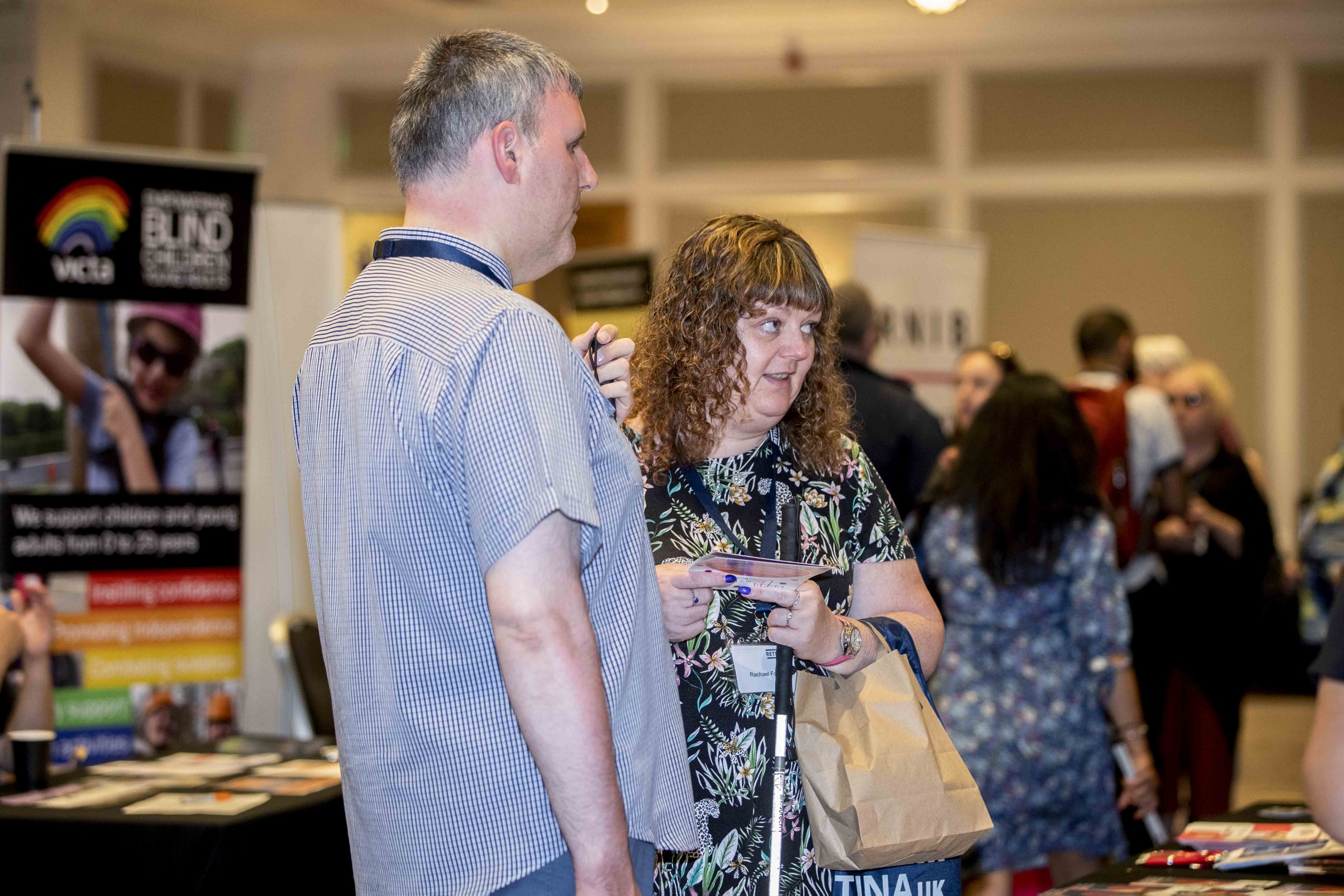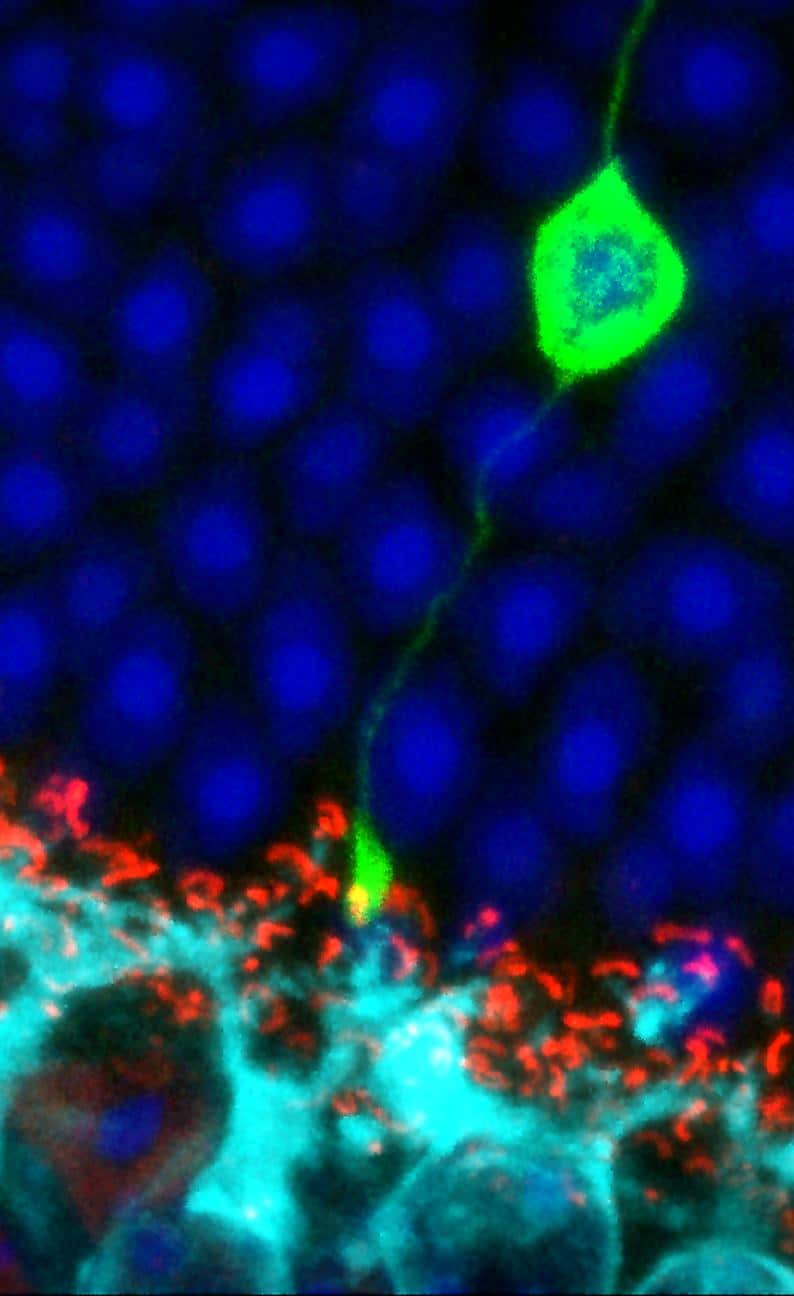
Meet our community: James Clarke
Aged 20, James was diagnosed with retinitis pigmentosa at a routine eye appointment in September 2015 and registered partially sighted, just prior to buying his first car and taking his driving test.
Search results

Aged 20, James was diagnosed with retinitis pigmentosa at a routine eye appointment in September 2015 and registered partially sighted, just prior to buying his first car and taking his driving test.
As Luxturna reaches the clinic and other gene-specific therapies for inherited retinal disease get closer to the end of the development pipeline, it is becoming ever more important that affected families can access a genetic diagnosis, potentially opening up choices around treatment and clinical trial participation.

Inherited retinal dystrophies (IRDs) are the leading cause of blindness in working-age people in the UK, and children as young as eighteen-months are regularly diagnosed.

High quality information on genetic testing and counselling for families affected by inherited sight loss is now available in one place thanks to the launch of an innovative new website, Unlock Genetics.
Retina UK is delighted to announce that it has awarded three new research grants worth more than £870,000.

Stem cells are a special type of cell, which under the right conditions can be encouraged to grow into any other type of cell in the body, including retinal cells (rods, cones and retinal pigment epithelial cells).
Biotechnology company ProQR has announced encouraging results from its phase 1/2 clinical trial of an innovative treatment for sight loss caused by faults in a specific section of the USH2A gene.
The Retina Clinic London have asked us to share an opportunity to participate in a clinical trial.

Inherited progressive sight loss is caused by a range of rare genetic conditions. We specialise in those which affect the retina.